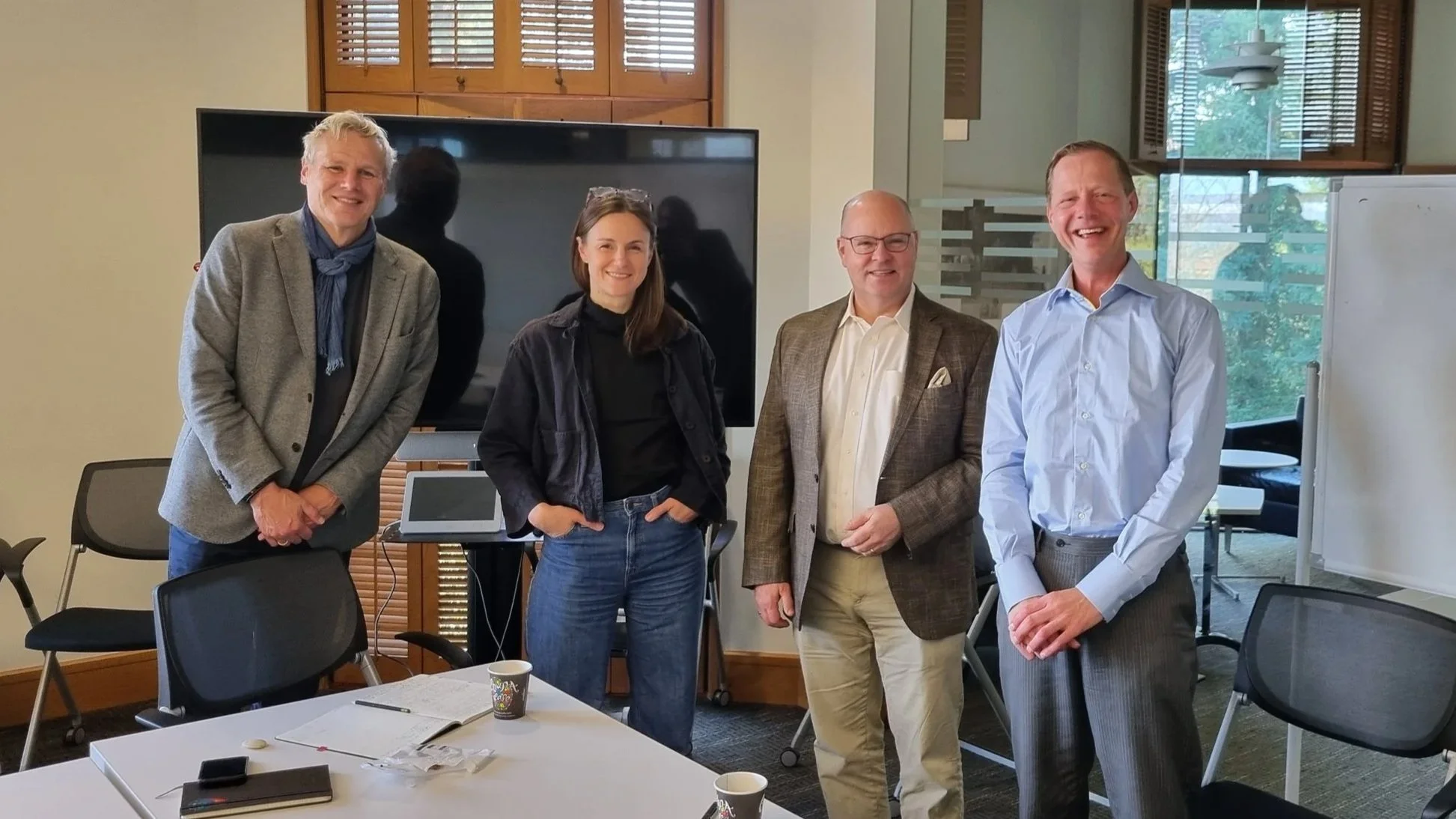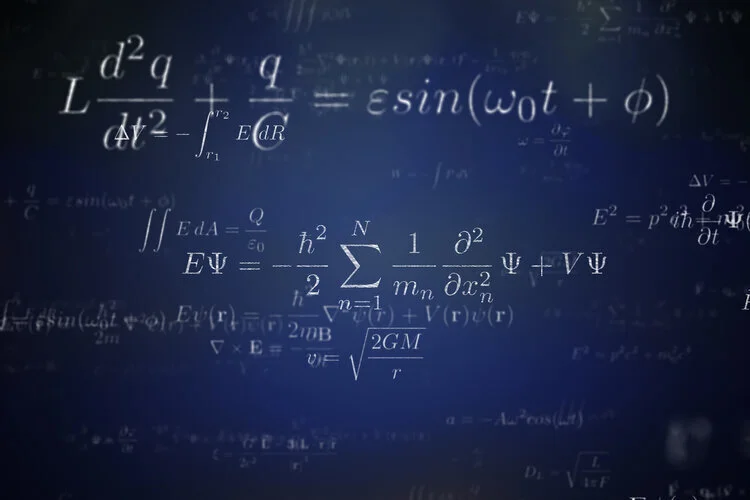Washington DC, Nov. 6, 2025—War on the Rocks has published a major new commentary by Stanford RQT’s Mauritz Kop, titled “A Bletchley Park for the Quantum Age.” The article translates his broader research on quantum governance into a concrete, operational blueprint for post-quantum cryptography (PQC) migration across the United States and its allies.
Appearing in a venue read closely by practitioners in defence, intelligence, and foreign policy, the piece draws a deliberate conceptual line from the World War II codebreaking effort at Bletchley Park to today’s challenge of securing democratic communications. It argues that Bletchley Park was more than a geographic location; it was a method—an integrated system of science, engineering, operations, and alliance management. Kop contends that a similar methodology is required now to protect national security systems against cryptanalytically relevant quantum computers.
The Enigma Machine utilized a complex series of electromechanical rotors to produce a polyalphabetic substitution cipher, creating an encryption standard that was widely deemed unbreakable by contemporary adversaries. Defeating this system required the Allies to operationalize abstract mathematics into industrial capability, a feat that fundamentally altered the trajectory of the war.
The article situates PQC migration not as a narrow information technology upgrade, but as a core tenet of United States and allied quantum-AI grand strategy. It highlights how flagship programmes such as the United States Department of Defense’s Replicator initiative must be made “quantum-ready” to avoid becoming silently obsolete once large-scale quantum computers arrive.
Professor Kop extends his gratitude to War on the Rocks editor Lieutenant Colonel Walter ‘Rick’ Landgraf, PhD, whose precise editorial work helped sharpen the argument and tailor it to the publication’s strategic readership.
The Core Argument: A Bletchley Method for Post-Quantum Cryptography Migration
The essay begins from a straightforward technical premise. Once fault-tolerant quantum computers exist, Shor’s algorithm will efficiently factor large integers and compute discrete logarithms, thereby breaking the public-key cryptosystems—such as RSA and elliptic-curve cryptography—on which secure communication currently relies. In parallel, Grover’s algorithm will provide a quadratic speed-up in brute-force search, effectively halving the security margin of many symmetric-key schemes.
In this setting, the world’s cryptographic infrastructure cannot simply be patched at the margins. It requires a comprehensive, carefully managed transition to new, quantum-resistant algorithms.
Kop proposes that the United States and its allies apply a “Bletchley method” to this problem by tightly linking:
Domestic execution of PQC migration, and
An allied, standards-based certification compact that prevents fragmentation.
Defensively, this means post-quantum cryptography by default and certified interoperability across critical systems. Politically, it means that Washington earns the right to lead abroad by delivering verifiable results at home.
The framework is organised around two distinct but mutually reinforcing tracks:
Track One – “Ultra at Home”: rigorous domestic execution, and
Track Two – “Allied Codebook Abroad”: international architecture designed to avoid a “quantum splinternet.”












